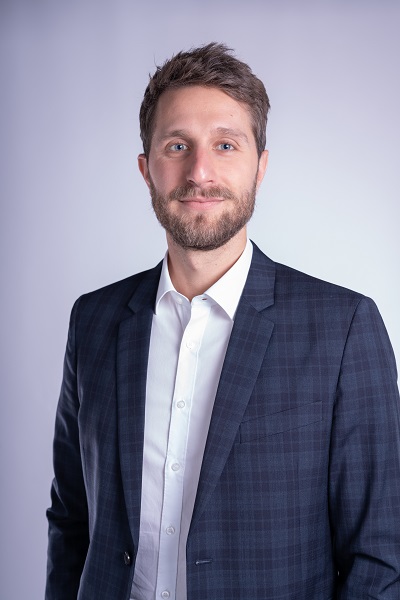Veni grant for Stefan Berger

Stefan Berger has received a Veni grant of € 280,000 from The Dutch Research Council (NWO). The assistant professor at FEB’s department of Human Resource Management and Organizational Behaviour was awarded the grant for his research on the employee experience of dynamic team membership.
Stefan Berger’s research delves into the complex, multi-layered, and dynamic nature of human collaboration in modern team and organizational settings. A unifying theme of his work is the application of multi-level theory and methodology, which allow for a more comprehensive perspective in the study of organizational phenomena, such as modern team arrangements in particular. Teams are at the core of how work is accomplished in virtually all human pursuits, and billions of euros are invested in team development each year. Most of the knowledge undergirding these development activities rests upon research on archetypical teams, that are stable and in which employees are full-time members. Yet, most of today’s employees work in situations characterized by part-time and unstable team membership, thus challenging our understanding of the nature and effective management of contemporary teamwork.
Dynamic team membership
In recent years, the growing literature on non-archetypical teamwork has zoomed in on either part-time or unstable team membership separately. Thereby, extant research has overlooked constellations characterized by both part-time and unstable membership. This is problematic because recent research shows that 44% of employees work in such a situation, a phenomenon Berger refers to as dynamic team membership. Furthermore, focusing on either part-time or unstable team membership ignores important dynamics. Berger: “In this project, I will advance the teamwork literature by putting a spotlight on the employee experience of dynamic team membership. I will integrate multilevel and dynamic network theories to develop a novel conceptualization and measurement of dynamic team membership. Based on this, I will explore reasons that drive the implementation of dynamic team structures and how such arrangements influence the productivity and well-being of employees and teams. Moreover, I plan to develop and validate a training module on how to effectively manage the challenges associated with dynamic team membership.’’
The assistant professor is honored and excited to receive this grant. “I cannot wait to start working on this project together with my team of collaborators. Beyond its scientific contributions, the project is also promising in terms of societal impact, as more than 90% of today’s organizations rely on teams and their members to perform effectively.”
For more information, please contact Stefan Berger.
More news
-
10 February 2026
‘Regeneration starts where courage meets imagination’
-
09 December 2025
Are robots the solution?
